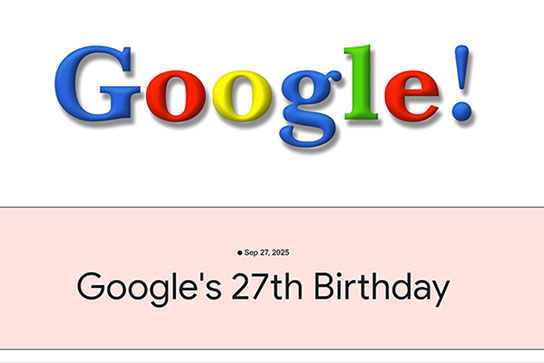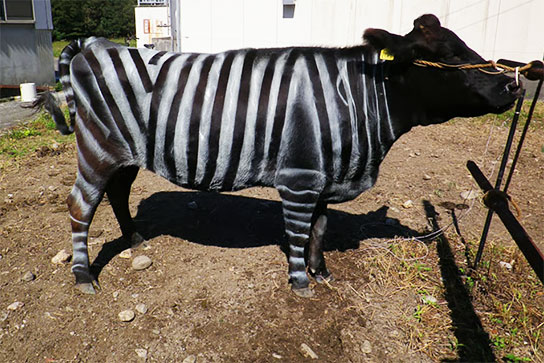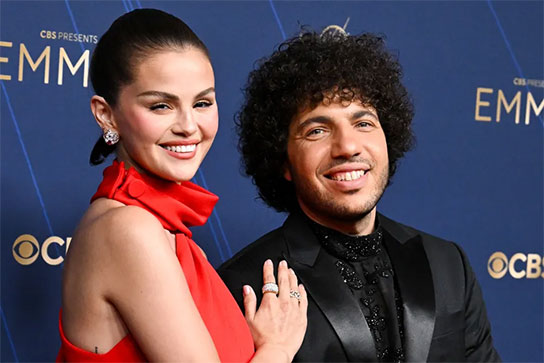The Ontario provincial lawmaker, whose penchant for colorful turbans and tailor-made three-piece suits made him a social media star, was elected on the first ballot to lead the New Democratic party (NDP) into the 2019 federal election against Prime Minister Justin Trudeau's Liberals.
"Thank you, New Democrats. The run for prime minister begins now," Singh tweeted.
Thank you, New Democrats. The run for Prime Minister begins now 🇨🇦#LoveAndCourage pic.twitter.com/FDUem3pfGT
— Jagmeet Singh (@theJagmeetSingh) October 1, 2017
Singh secured 54% of the vote, defeating three rivals to become the new head of the NDP, succeeding Thomas Mulcair. The results of the vote, conducted online and by mail, were announced at a party meeting in Toronto.
Trudeau congratulated his new political rival on Twitter on Sunday, saying: "I look forward to speaking soon and working together for Canadians."
The Toronto-area politician, who has led in fundraising since joining the race in May, had been touted by supporters as someone who could bring new life to the party, which has struggled since the death of charismatic former leader Jack Layton in 2011.
Singh's profile was boosted early last month after a video went viral showing him calmly responding with words of love to a heckler who interrupted a campaign event to accuse him of wanting to impose Shariah law in Canada.
Christopher Cochrane, a professor of political science at the University of Toronto, said: "His skill, in being able to defuse the situation, it understandably appealed to a lot of people who ended up supporting him."
Cochrane added that Singh's ability to connect both with young people and those in ethnic minorities would make him a "force to reckon with" when competing against Trudeau in 2019.
The NDP is the third largest party in the federal parliament, with 44 of 338 seats. The party lags well behind the centrist Liberals and right-leaning Conservatives in political fundraising this year, according to Elections Canada data.
Singh will now focus on rallying supporters and targeting center-left voters who helped propel Trudeau's Liberals to a decisive victory in 2015.
There are hurdles ahead. Singh does not have a seat in the federal parliament and will have to win one. He also needs to persuade voters that his party can form a government, although it has never held power federally.
There are also questions over whether he will have success in Quebec, Canada's mainly French-speaking province, where overt signs of faith are frowned upon.






